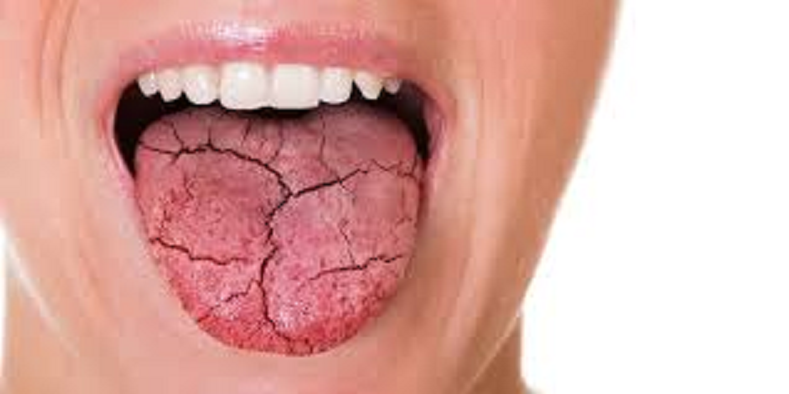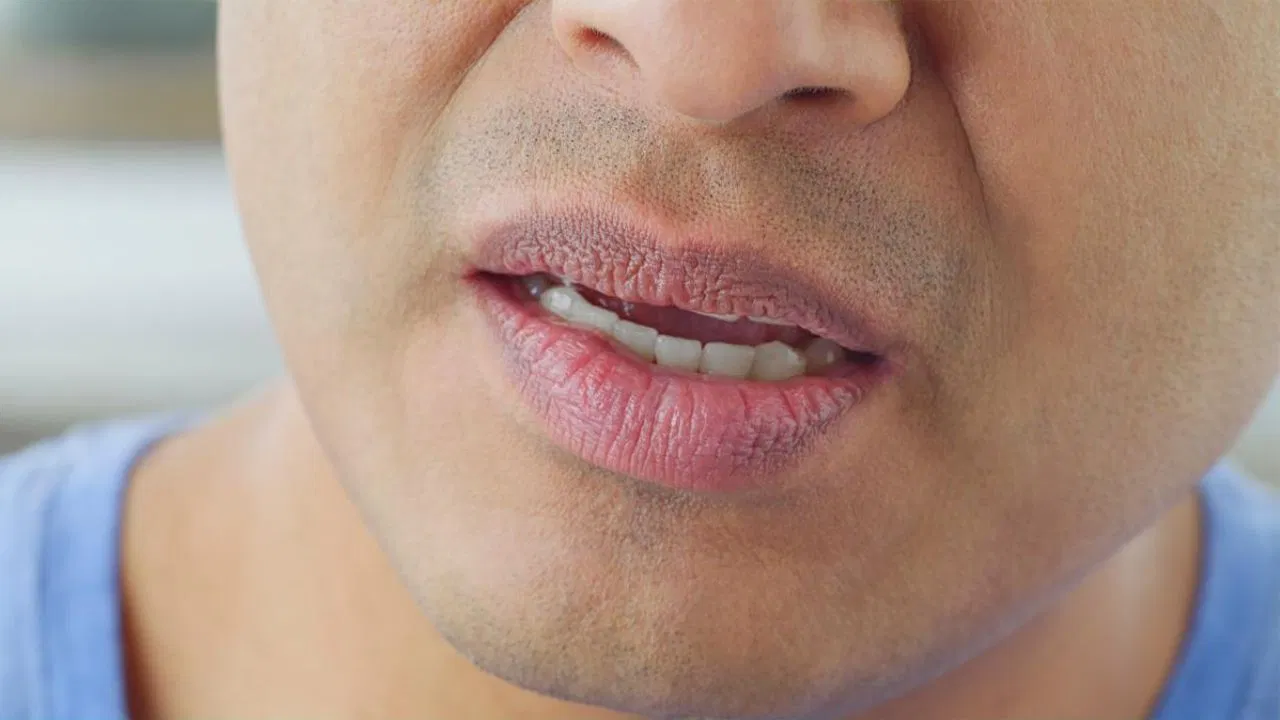
Many times, dryness and stickiness are felt in the mouth during sleep, which is not just the result of dehydration. This persistent problem can also point to many serious diseases. In such a situation, let us know what are the reasons behind this and which diseases it can be a sign of.

Dry mouth at night: The problem of dry mouth at night is called xerostomia in medical language. This happens when the production of saliva decreases, causing stickiness in the mouth. During sleep, our body produces less saliva than normal, but if this problem persists, it can increase the problem. There can be many reasons for this, such as lack of water, sleeping with open mouth, excessive consumption of coffee or alcohol, side effects of some medicines and hormonal changes. Dry mouth for a long time can lead to problems like tooth decay, mouth ulcers, and bad breath. Therefore, it is important to understand the reason behind it and get timely treatment.
Other symptoms may also appear along with frequent dry mouth at night. This includes feeling of burning or roughness on the tongue, difficulty in speaking and swallowing, cracked lips, and bad breath. Sometimes the ability to feel taste may also decrease. Persistent dry mouth increases the risk of infection in teeth and gums because saliva works to remove bacteria. Sore throat, excessive thirst and waking up frequently in sleep are also its other symptoms. If these symptoms persist for a long time, then it can be a sign of a serious problem.
What diseases does dry mouth at night indicate?
Dry mouth at night can be a sign of many diseases. Diabetes is a common cause of this, in which increased blood sugar levels cause water deficiency in the body. Saliva production can also decrease in thyroid problems. People suffering from sleep apnea often sleep with their mouth open, which increases this problem. In autoimmune diseases like Sjogren's syndrome, salivary glands are affected, which can cause dry mouth.
Apart from this, dehydration, respiratory allergies or infections, and some long-term medications such as antihistamines, antidepressants and blood pressure medications can also cause this problem. If this problem is recurring, then timely treatment is very important.
How to protect yourself
Drink adequate amounts of water throughout the day.
Avoid alcohol and caffeine before bedtime.
Make a habit of breathing with your mouth closed.
Use mouthwash or saliva-enhancing gel before going to bed.
Use a humidifier to maintain moisture in the air at home.
Clean your teeth and gums thoroughly.
If the problem persists, consult a doctor.





